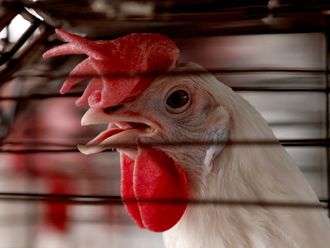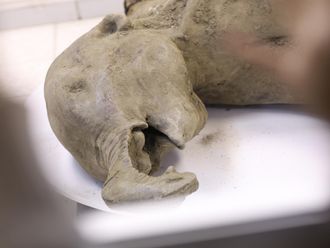
Paris: The European Food Safety Authority called on Thursday for cat and dog owners to keep their pets inside in response to record cases of avian influenza across the world after 24 cats tested positive in Poland.
Since first emerging in 1996, the H5N1 avian influenza virus had previously been confined to mostly seasonal outbreaks.
But "something happened" in mid-2021 that made the group of viruses much more infectious, according to a World Health Organization collaborating centre studying influenza in animals.
In rare cases, humans have contracted the sometimes deadly virus, usually after coming in close contact with infected birds.
The virus has also been detected in a soaring number of mammals.
"It is recommended to avoid exposure of domestic cats and dogs, and in general carnivore pets, to dead or diseased animals," EFSA said in a bulletin.
"Possible measures are keeping dogs on a leash, and confining cats indoors in areas where extensive circulation of HPAI viruses in wild birds has been confirmed."
In recent weeks, five dogs and a cat have been infected in Italy.
Since June 10, 24 cases have been reported in domestic cats in various regions of Poland.
The source of the contamination has not yet been determined, with one hypothesis being that they may have ingested raw poultry meat infected with the virus.
In April, the United States started testing several vaccine candidates for potential use on birds.
France recently said it hopes to start vaccinating poultry as early as autumn this year.
Christine Middlemiss, the UK's chief veterinary officer, said that vaccinating poultry was not "a silver bullet because the virus changes constantly".






